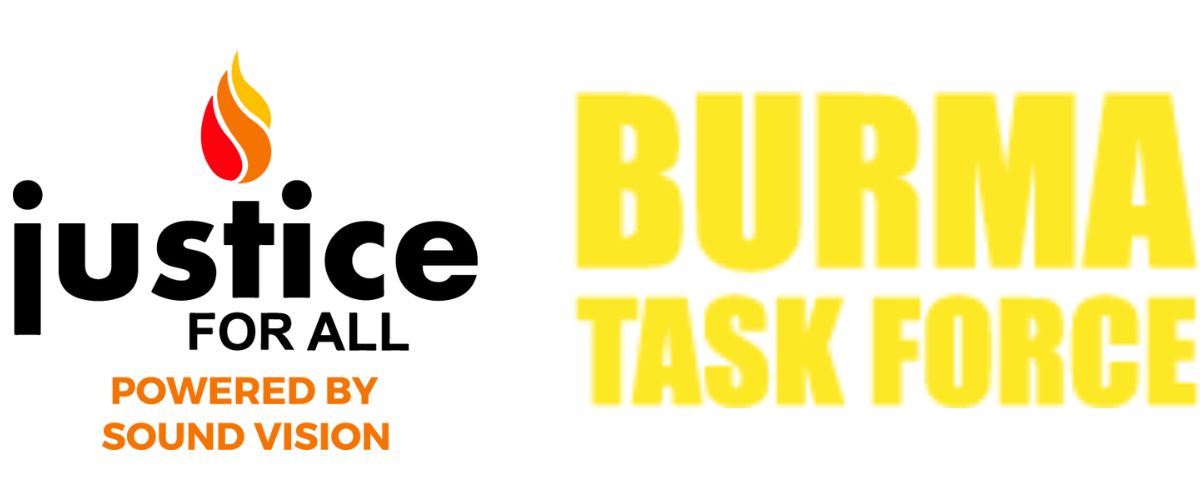History of Bosnia Task Force
The Bosnia Task Force (BTF), our inaugural project, played a significant role during the Bosnian Genocide, focusing on humanitarian and advocacy efforts. It consisted of four main components: national leadership, a network of Masjids (mosques), a secretariat, a team based in Chicago, led by Imam Abdul Malik Mujahid, founder of Justice For All. The national leadership operated through conference calls, and the network of 1,600 Masjids served as the primary communication and mobilization channel. Initially headquartered at the Islamic Society of North America (ISNA) in Indiana, the secretariat later moved to Chicago, operating with minimal equipment but strong community support. This was the beginning of what would become Justice For All.
Communication was primarily through fax and phone networks, as email and web access were limited at that time. Volunteers distributed “Bosnia Update” action alerts weekly in Masjids. The BTF’s grassroots movement in the Muslim community was a vital part of its operations.
The BTF had several key demands, including declaring Serbian “ethnic cleansing” as genocide, lifting the UN’s arms embargo on Bosnia and Croatia, recognizing rape as a war crime, preserving Bosnia’s national integrity as a multi-ethnic and multi-religious country, and trying war criminals responsible for rape and ethnic cleansing at an international tribunal.
A significant achievement of BTF was the U.S. Senate’s passage of a resolution in January 1994, urging the lifting of the arms embargo on Bosnia. BTF worked with various groups to push for Congressional action on Bosnia, leading to several resolutions and widespread mobilization.
One notable effort of BTF was sending a delegation, including boxing legend Muhammad Ali, to the UN to pressure for action against the genocide in Bosnia. This delegation met with ambassadors from several countries, drawing significant attention to the cause.
The BTF’s efforts also included organizing major rallies in Washington, DC, and New York, raising awareness of the genocide and calling for international action. The largest of these rallies, held in Washington, DC, in May 1993, attracted by some estimates 500,000 participants and garnered national media attention.
Additionally, BTF played a critical role in advocating for the recognition of rape as a war crime during the conflict. Partnering with the National Organization of Women (NOW), we highlighted the widespread use of rape in the conflict, where an estimated 50,000 to 60,000 women were victims.
The work of BTF concluded following the Dayton Accord, which, while we did not see it as entirely just, did succeed in stopping the genocide, achieving a primary goal of the task force.
On the military side, the Implementation Force (IFOR), a NATO-led multinational peace enforcement force, was instrumental in Bosnia and Herzegovina following the Dayton Peace Agreement. At its peak, IFOR involved troops from 32 countries, numbering around 54,000 soldiers in Bosnia and Herzegovina, and about 80,000 in total, including support and reserve troops in nearby countries and the Adriatic Sea.
IFOR’s main tasks included ensuring the cessation of hostilities and overseeing the transfer of territory between the Federation of Bosnia and Herzegovina and Republika Srpska. The force was divided into three Multi-National Divisions, each led by a different NATO member state and supported by various non-NATO countries.
On 20 December 1996, the mission of IFOR was succeeded by SFOR, and later by the European EUFOR Althea force in 2004. NATO also created service medals to recognize the peacekeeping efforts of its troops in the former Yugoslavia, which were awarded to IFOR personnel.
